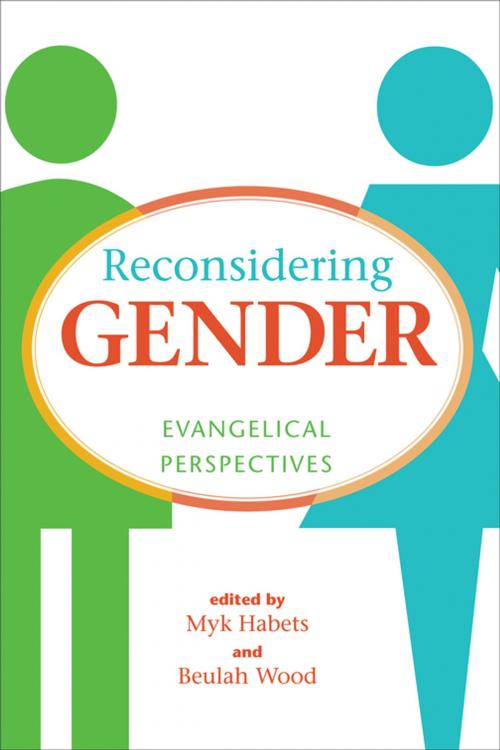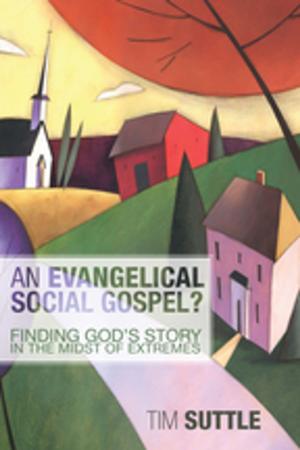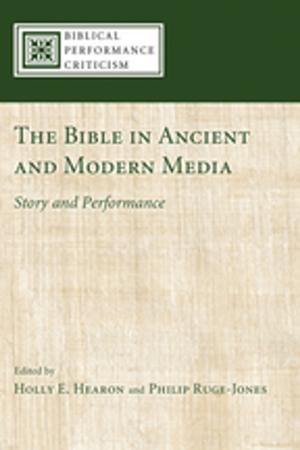| Author: | ISBN: | 9781630876890 | |
| Publisher: | Wipf and Stock Publishers | Publication: | January 1, 2011 |
| Imprint: | Pickwick Publications | Language: | English |
| Author: | |
| ISBN: | 9781630876890 |
| Publisher: | Wipf and Stock Publishers |
| Publication: | January 1, 2011 |
| Imprint: | Pickwick Publications |
| Language: | English |
Questions related to the issue of gender remain insufficiently acknowledged and explored in contemporary theological literature. These issues form the basis of significant unresolved tensions among evangelicals, as evidenced in debates over the nature of the Trinity, Bible translation, church practice, choice of language, mission leadership, decision-making in homes, and parenting, to name but a few examples. The essays in this volume are not meant to provide a monolithic evangelical theology of gender, but rather to provide evangelical perspectives surrounding the topic of gender. To further this aim, each of the main essays is followed by a formal response with an attempt at a concise and lucid perspective on the essay and pointers to further areas for investigation. Some contributors are complementarian while others are egalitarian, although who is what is left to the discerning reader. Regardless of one's position on the issue, all will benefit from the contributors' commitment to the further exploration of gender issues from the perspective of a broadly conceive evangelicalism.
Questions related to the issue of gender remain insufficiently acknowledged and explored in contemporary theological literature. These issues form the basis of significant unresolved tensions among evangelicals, as evidenced in debates over the nature of the Trinity, Bible translation, church practice, choice of language, mission leadership, decision-making in homes, and parenting, to name but a few examples. The essays in this volume are not meant to provide a monolithic evangelical theology of gender, but rather to provide evangelical perspectives surrounding the topic of gender. To further this aim, each of the main essays is followed by a formal response with an attempt at a concise and lucid perspective on the essay and pointers to further areas for investigation. Some contributors are complementarian while others are egalitarian, although who is what is left to the discerning reader. Regardless of one's position on the issue, all will benefit from the contributors' commitment to the further exploration of gender issues from the perspective of a broadly conceive evangelicalism.















